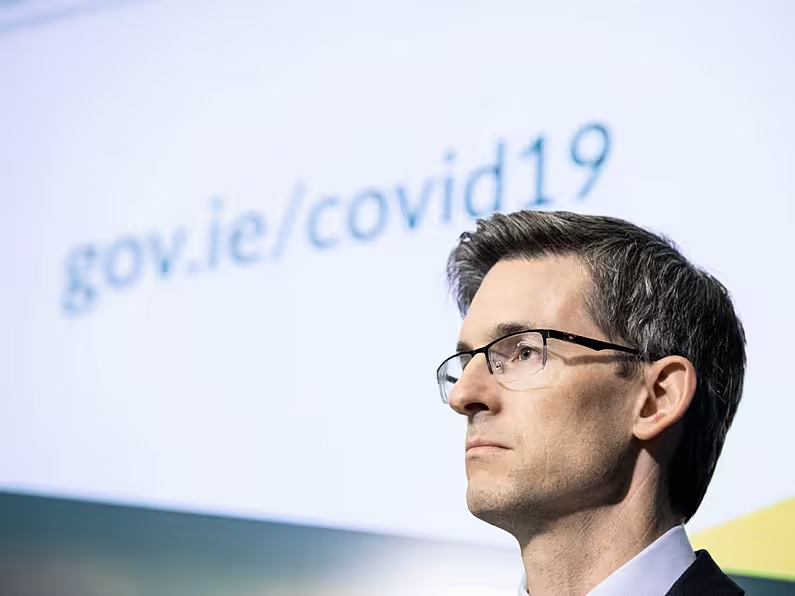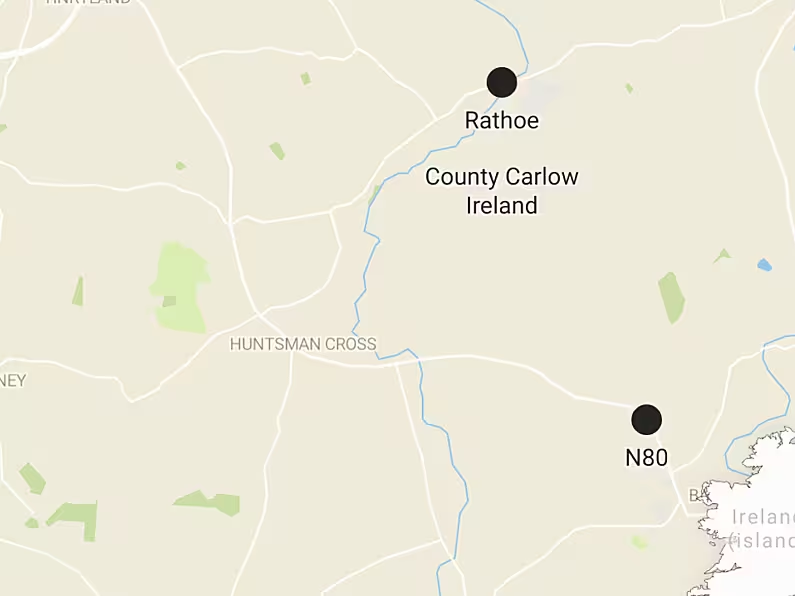Vivienne Clarke
The speeding up of the Covid-19 vaccination programme next week to 18-34 year olds will not “materially alter” the course of what the country will be dealing with in July and August, deputy chief medical officer Dr Ronan Glynn has warned.
“It may well alter what we have to deal with beyond that and obviously we will update our modelling and more information will come out around transmissibility and severity of the Delta variant,” he told RTÉ radio’s Morning Ireland.
“But we are where we are, we've got to deal with what is facing us and I know it's difficult for people to understand that something so significant could be coming when we've seen such a relative period of stability.”
Dr Glynn said he had not been taken by surprise by the figures presented in Professor Philip Nolan’s modelling earlier this week, but acknowledged “it is hard to get your head around the scale of the numbers in some of these scenarios.”
“If you look at the central case scenario, you're talking about 900 cases a day which is not beyond the realms at all when you consider that in Scotland yesterday they reported over 4,000 cases, their highest number ever in the pandemic,” he said.
Twice as transmissible
“There's been various points over the past 18 months when we've seen modelling being presented to us and it really takes you a few days to get your head around it and to believe that could actually transpire. But when you think about it, we're dealing with a virus that is up to twice as transmissible as what we were dealing with this time last year,” he continued.
“While I fully accept that there's very important parts of our economy that are still not properly open, vast parts of our society are open and whilst the vaccination programme has gone very well in this country we still have over one in two adults in this country who are not adequately protected through vaccination.
“We have a new much more transmissible variant, we don't have enough people fully vaccinated and we have very increased levels of social mixing and all of that unfortunately, if we're not careful, could combine for a fourth wave that could see not alone Ireland, but the whole of western Europe in significant difficulty over the next number of months.”
Fourth wave
The question remained what size the fourth wave would be, Dr Glynn said.
“We have all relaxed in recent weeks, we've seen the vaccination programme rolling out, we've seen much more opportunities for mixing with others, going back to the workplace etc., we just need to make sure that we continue to keep our guard up.
“So we continue to wash our hands, we continue to wear a mask where appropriate, we avoid crowds, we leave environments where we don't feel safe and as soon as we're offered that vaccination that we come forward and get it and crucially it's very important that people get their second dose when that's offered to them.”
Dr Glynn said he did not think that people had become unduly complacent: “We all want this to be over, we all want to move on, we're all tired and frustrated with having to listen to messages like the ones I'm giving this morning.”
Path forward
Dr Glynn said this was “all very understandable” but he hoped that the announcement from the Minister for Health on vaccinations now being offered to younger people who would otherwise have been waiting for a number of weeks would show “there is a path forward.”
“Through July and August we can get pretty much every adult in this country who wants a vaccine can get it and get a second vaccine and be protected,” he said.
“And that will change the course and give us more options, I know there's been a criticism this week that we didn't model in, we did look at various scenarios in relation to speeding up vaccination in younger people,” he continued.
“But the reality is that the changes announced this morning, while they're very important for individuals around the country, and I would encourage everyone to take a vaccine as soon as they have the opportunity to get that vaccine, that will not materially alter the course of what we're going to deal with in July and August.
“It may well alter what we have to deal with beyond that, and obviously we will update our modelling and more information will come out around transmissibility and severity of the Delta variant.”
Four weeks' time
“We've got to deal with what is facing us and I know it's difficult for people to understand that something so significant could be coming when we've seen such a relative period of stability but over the last 10 days there's been an increase in the five-day average of cases. Our 14-day incidence was as low as 90 per 100,000, it's now above 100 per 100,000 again.”
When asked about the possible return of indoor dining, Dr Glynn said that given what the European Centre for Disease Prevention and Control (ECDC) and the World Health Organisation (WHO) were saying “we could not see indoor dining reopening in July or August”.
“There was no point in us pretending that we could come back in three or four weeks time and that all would be well. We can see from our figures that the incidence is going to be higher in three or four weeks' time. Much of Europe will be in a fourth wave of this disease in three or four weeks time.
“We look at it from a health perspective, there is a fourth wave of the disease coming, it is going to significantly impact on Europe, if the volumes of disease come as modelled that will impact not alone on young people but it will find vulnerable people across all ages in our society and it will have an impact on hospitalisations, admissions to ICU and deaths,” Dr Glynn warned.












